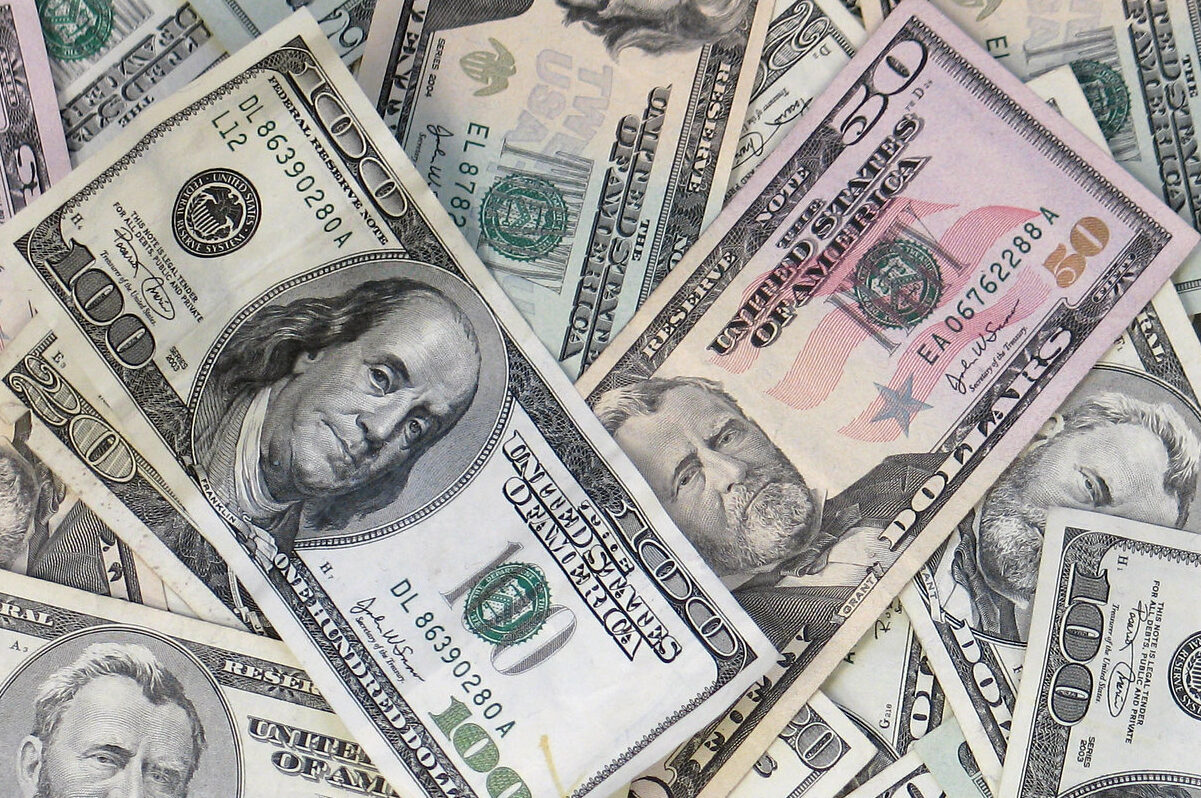Skift Take
The junk fee issue isn't new – but the fight against them is getting more intense.
The U.S. government has increasingly taken aim at junk fees, charges levied by travel service providers that are considered unnecessary or excessive and not clearly communicated to travelers.
Skift has covered the issue for years. Examples of junk fees in the travel industry include airline-seat selection fees, resort fees or excessive cleaning fees in a short-term rental. Now the Biden administration has been looking to crack down on the practice. Here's a timeline of events in the fight against junk fees.
July 2019: D.C. Sues Marriott Over Resort FeesThe District of Columbia filed a lawsuit against Marriott International, alleging that the company had made hundreds of millions of dollars through what it had termed as "deceptive charges." The complaint also alleged that Marriott violated the District’s Consumer Protection Procedures Act by using what the U.S. Federal Trade Commission has labeled "drip pricing."
The lawsuit said Marriott owned, managed or franchised at least 189 properties worldwide that charged customers resort fees ranging from $9 to $95 daily.
October 2019: Legislation Introduced That Would Change How Hotels Display FeesDemocratic Congresswoman Eddie Bernice Johnson of Texas and Republican Jeff Fortenberry of Nebraska introduced the Hotel Advertising Transparency Act of 2019, a measure that would ban hotels and short-term rentals from advertising rates that don’t include all fees, except for government-imposed taxes and fees.
Executive Editor Dennis Schaal reported there would be penalties for any individual that advertised rooms with
